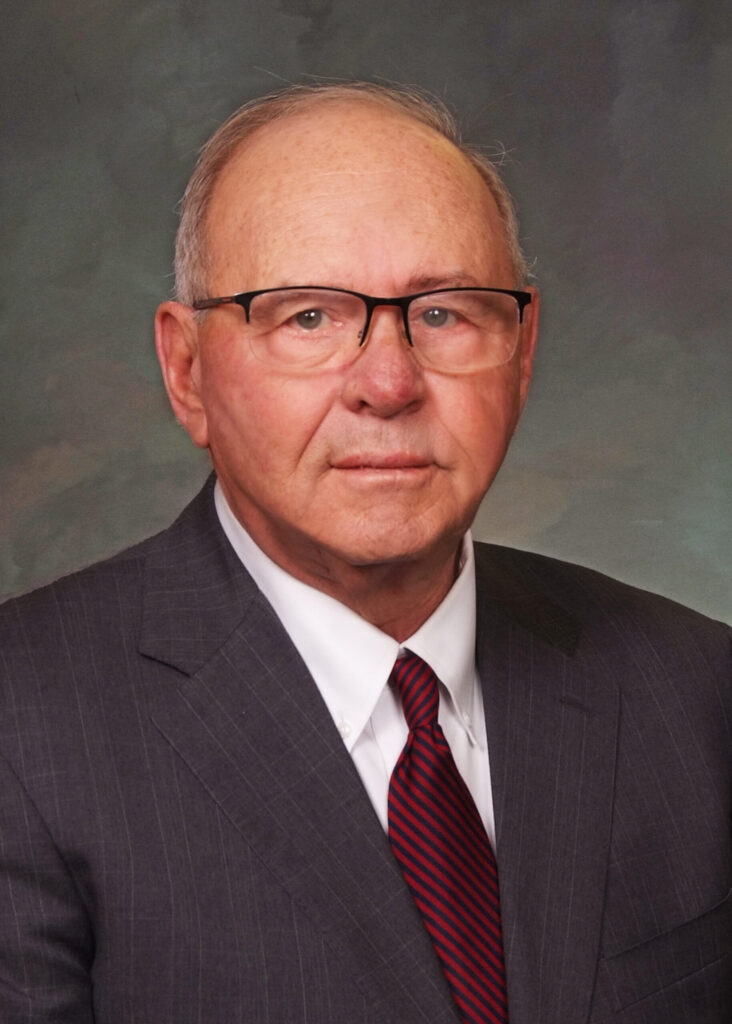Colorado’s homeless need healing, not just housing | DUFFY
Colorado is at a crossroads with homelessness policy. Will we continue along the same old well-worn road, or choose an innovative, alternative and increasingly effective path?
Evidence is growing that a common-sense emphasis on treatment and work to help men and women transition to permanent housing is producing the lasting change that homeless men and women deserve, and taxpayers are eagerly awaiting.
But it means bucking the frustrating, and very expensive, status quo.
The focus in Denver and many major American cities, and among the more established, well-funded homeless advocacy organizations, is “housing first.” Their priority is to place homeless individuals in a place to live without requiring sobriety, mental health treatment, or employment as a precondition.
A contrasting approach that is attracting increased attention, and producing solid results emphasizes treatment and work as the best route to ensure people are ready for permanent housing — and lasting change.
One good sign that the “treatment and work first” philosophy is effective is that establishment groups, such as the Colorado Coalition for the Homeless — which has a $100 million annual budget — are feeling threatened. They and others are aggressively attacking those with contrary views, with one organization stridently telling The Gazette that housing first is the “only solution to homelessness.”
That’s unfortunate and unnecessary because the “our way or the highway” rhetoric isn’t backed up by the numbers.
Common Sense Institute (CSI) recently released a study that compares recent results of the two approaches, and its work is unfairly catching javelins from the status quo crowd.
Stay up to speed: Sign up for daily opinion in your inbox Monday-Friday
The think tank showed that, in Denver, homelessness has increased by 10% year over year and spiked 63% between 2020 and 2024. That’s despite spending, according to CSI, nearly $70,000 per person served.
In contrast, there’s been a 12% drop in El Paso County, home to the Springs Rescue Mission, which is a prominent treatment-first leader. That’s the lowest level since 2019.
While housing-first groups gripe about the CSI data, what’s more interesting is to look at how differently the two camps talk about homelessness.
The housing first coalition — perhaps unintentionally — creates the impression that merely inserting an individual in a home is the end of the journey. They spend an inordinate amount of effort discussing aggregate and sterile statistics of numbers of people housed, as if there is a simple mathematical formula for success.
An example is the numbers-laden digital dashboard on Denver’s homepage. You’d never know they’re talking about troubled human lives. It could be exchanged for statistics on parking violations or trash collection.
Why the aversion to discussing the long-term benefit of their policies on the people they are serving? Are lives being transformed or is the mission to meet the desired metrics?
Even the most casual observer knows that homelessness is rarely caused by a lack of shelter alone. Mental illness, addiction, employment issues and deep-rooted trauma are the true drivers behind chronic homelessness.
That’s why treatment first places its focus on addressing foundational issues. They do so as a prerequisite, and don’t treat it as an option after housing is provided. These centers offer a comprehensive, tiered system that emphasizes a responsible, reasonable path forward.
Treatment first also focuses on metrics, of course. But they eagerly share stories after stories of lives transformed, and restored, by name. They show men and women establishing a bright future rooted in independence, sobriety, personal responsibility and earned success.
This is both a moral and a practical imperative. The goal is not merely to provide a roof over someone’s head, but to equip them to sustain a new life. The tiered levels of care at treatment-first facilities, including at the Aurora Navigation Center that will open this fall, include substance-abuse programs, mental health counseling, job training, and structured transitional living.
Without treatment and support, many troubled men and women can spiral further into addiction or mental health crises behind closed doors — hidden from public view but not truly helped.
The more humane and sustainable path for homeless Coloradans involves more than buildings. It requires healing. True compassion does not leave people where they are. It lifts them up and walks with them toward something better, and lasting.
Sean Duffy is a former deputy chief of staff to Gov. Bill Owens and Colorado-based strategic communications consultant. He now serves as vice president at a philanthropic foundation. The views expressed here are his own.
Colorado Politics Must-Reads:











